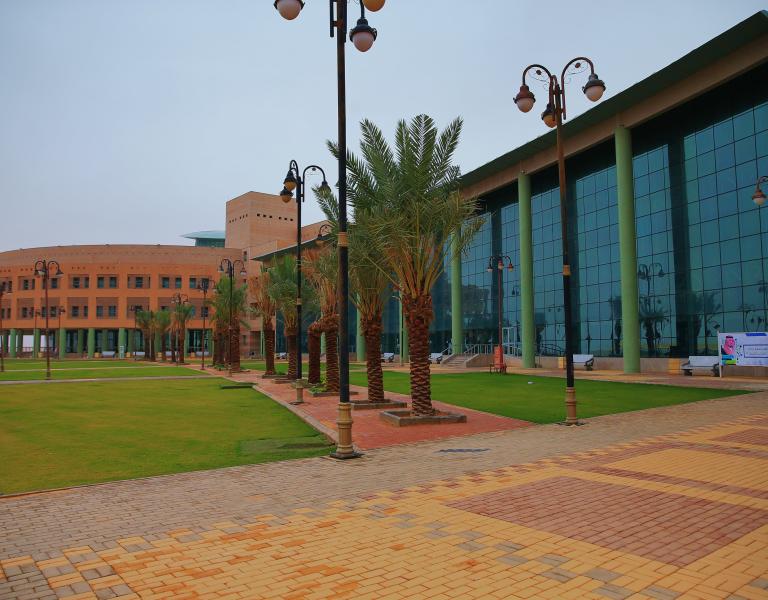About the Department
Department vision:
We aspire to excellence in the field of civil engineering to contribute to achieving the Kingdom’s Vision 2030 in education, scientific research, and community service.
Program Goals:
1. Providing distinguished education compatible with national development needs and covering all aspects of civil engineering.
2. Graduating engineers with the technical and professional skills required for successful careers in industry or academia.
3. Preparing students to be successful role models who inspire their community by instilling the values of authenticity, modernity, and responsibility.
4. Engage in innovative, sustainable, and socially responsible scientific research.
5. Create an environment conducive to learning and professional development.
6. Contributing to the well-being and advancement of the local and national community.

